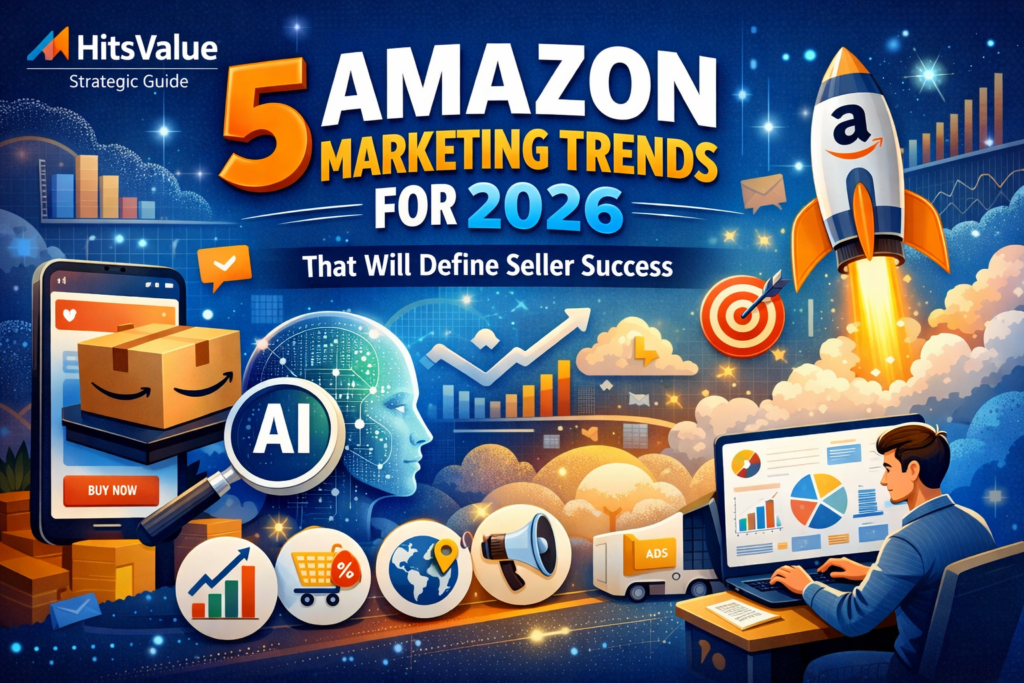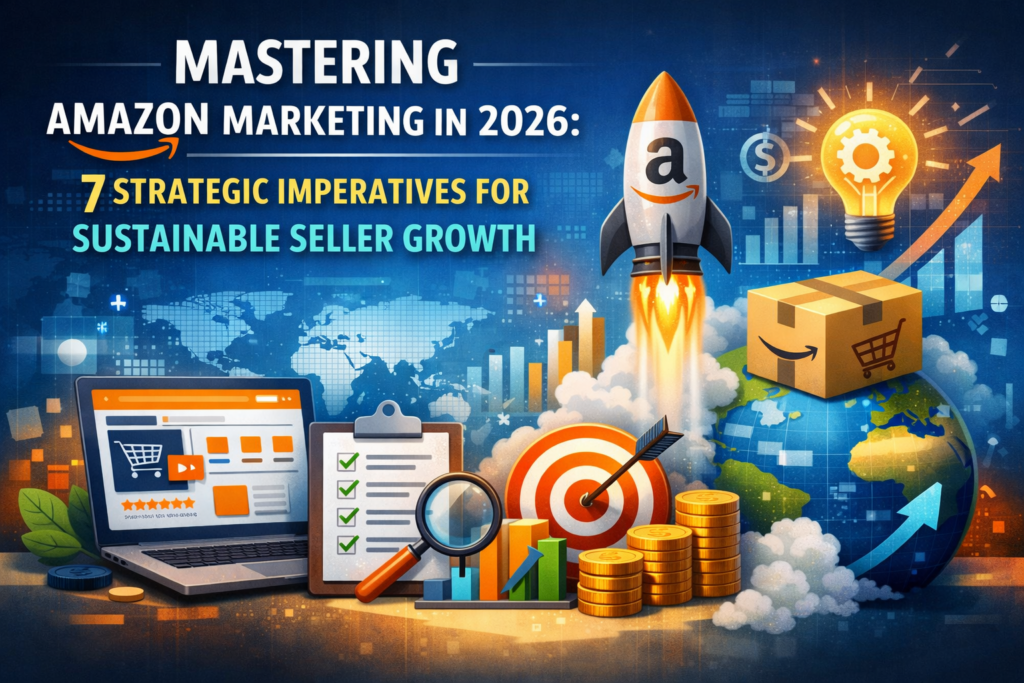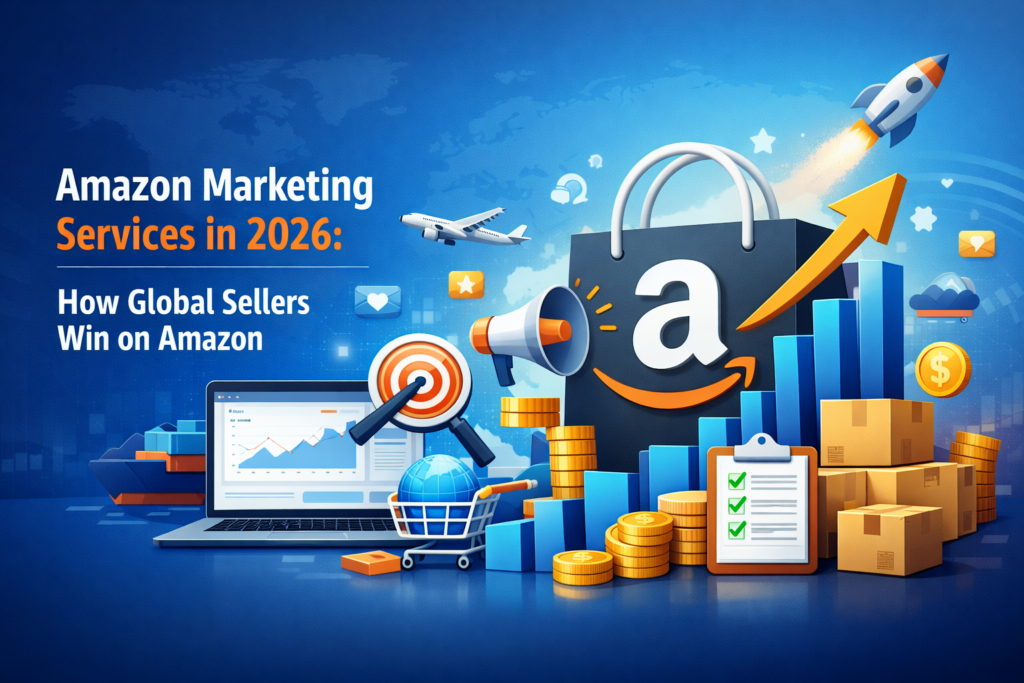Are you an ecommerce business owner looking to boost your online sales? Look no further! In this article, we will reveal the ultimate ecommerce marketing strategies that will skyrocket your sales and take your online business to new heights. From social media advertising to influencer partnerships, we’ve got you covered with proven tactics that will help you attract more customers and increase your revenue.
In today’s highly competitive online marketplace, it is crucial to have a solid marketing plan in place. Our strategies are designed to drive targeted traffic to your website, increase brand visibility, and ultimately convert those visitors into paying customers. We will share expert tips and insights to help you optimize your product pages, improve your website’s user experience, and effectively communicate your brand message.
Whether you’re just starting out or looking to take your ecommerce business to the next level, these marketing strategies will give you the edge you need to succeed. Get ready to see a significant boost in your online sales as we unveil the secrets to ecommerce success. Don’t miss out on this opportunity to take your business to new heights with our ultimate ecommerce marketing strategies.
Understanding your target audience
To effectively market your ecommerce business, it is crucial to understand your target audience. Who are your ideal customers? What are their needs, preferences, and pain points? By gaining a deep understanding of your target audience, you can tailor your marketing efforts to resonate with them and drive more conversions.
One way to understand your target audience is by conducting thorough market research. This involves analyzing demographics, psychographics, and purchasing behavior. By collecting data on your target audience, you can identify trends, preferences, and opportunities for growth.
Once you have a clear understanding of your target audience, you can create buyer personas to guide your marketing strategies. A buyer persona is a fictional representation of your ideal customer, including their demographics, interests, and motivations. This helps you create targeted content and messaging that speaks directly to your audience’s needs.
Setting clear marketing goals
Before implementing any marketing strategies, it is important to set clear goals. What do you want to achieve with your ecommerce marketing efforts? Do you want to increase website traffic, boost sales conversion rates, or improve brand awareness? Setting specific, measurable, attainable, relevant, and time-bound (SMART) goals will help you stay focused and track your progress.
When setting marketing goals, consider both short-term and long-term objectives. Short-term goals could include increasing social media followers, improving email open rates, or generating more leads. Long-term goals may involve achieving a certain revenue target, expanding into new markets, or becoming a recognized industry leader.
Once you have defined your goals, break them down into actionable steps. This will help you create a roadmap for your marketing strategies and ensure that your efforts are aligned with your objectives. Regularly track and analyze key performance indicators (KPIs) to evaluate the effectiveness of your marketing activities and make necessary adjustments.
Conducting market research for ecommerce
Market research is a crucial step in developing a successful ecommerce marketing strategy. It provides valuable insights into your target audience, competitors, industry trends, and market opportunities. By conducting thorough market research, you can make informed decisions and create strategies that resonate with your target market.
Start by analyzing your competitors. Who are they? What are their strengths and weaknesses? What marketing strategies are they using? By understanding your competitors’ strategies, you can identify gaps in the market and differentiate your brand.
Next, analyze industry trends and consumer behavior. What are the latest trends in your industry? How do consumers prefer to shop online? Are there any emerging technologies or platforms that could benefit your business? Staying up-to-date with industry trends will help you stay ahead of the competition and adapt your marketing strategies accordingly.
Finally, leverage customer feedback and data to gain insights into their purchasing behavior and preferences. Conduct surveys, analyze customer reviews, and track website analytics to understand what motivates your customers to make a purchase. This information can guide your marketing efforts and help you create targeted campaigns that resonate with your audience.
SEO optimization for ecommerce websites
Search engine optimization (SEO) is essential for driving organic traffic to your ecommerce website. By optimizing your website for search engines, you can improve your visibility in search engine results pages (SERPs) and attract more qualified leads.
Start by conducting keyword research to identify the search terms and phrases that your target audience is using. Use tools like Google Keyword Planner or SEMrush to find relevant keywords with high search volumes and low competition. Incorporate these keywords into your website’s content, meta tags, and URLs to signal to search engines what your website is about.
Next, optimize your website’s structure and navigation. Ensure that your site is easily crawlable by search engine bots and that your pages are organized logically. Use descriptive headings, meta tags, and alt tags for images to provide search engines with context about your content.
In addition to on-page optimization, build high-quality backlinks to your website. Backlinks from reputable and relevant websites signal to search engines that your website is authoritative and trustworthy. Reach out to industry influencers, collaborate with other businesses, or submit guest posts to reputable websites to earn backlinks.
Content marketing for ecommerce
Content marketing is a powerful strategy for attracting, engaging, and converting customers. By creating valuable and relevant content, you can establish your brand as an industry expert and build trust with your audience.
Start by developing a content marketing strategy. Define your target audience, identify their pain points, and create content that addresses their needs. Use a mix of formats such as blog posts, videos, infographics, and ebooks to cater to different learning preferences.
When creating content, focus on providing value to your audience. Share expert insights, answer frequently asked questions, and provide practical tips and advice. Your content should be informative, engaging, and shareable to encourage social sharing and increase brand awareness.
Promote your content through various channels, including social media, email marketing, and influencer collaborations. Encourage your audience to share your content by incorporating social sharing buttons and CTAs (calls to action) within your content.
Email marketing for ecommerce
Email marketing is a highly effective strategy for driving conversions and building customer loyalty. By leveraging your email list, you can nurture leads, promote new products or offers, and drive repeat purchases.
Start by building an email list of interested prospects and customers. Offer valuable incentives such as exclusive discounts, free resources, or newsletters in exchange for their email addresses. Place opt-in forms strategically on your website to capture leads at various touchpoints.
Segment your email list based on demographics, purchase history, or engagement level to deliver targeted and personalized content. Use automation tools to send triggered emails based on specific actions or milestones, such as abandoned cart reminders or post-purchase follow-ups.
When crafting your emails, focus on providing value to your subscribers. Offer personalized product recommendations, share valuable content, or provide exclusive offers to encourage engagement and conversions. Use attention-grabbing subject lines, compelling copy, and clear CTAs to drive action.
Social media marketing for ecommerce
Social media marketing is a powerful tool for increasing brand visibility, engaging with your audience, and driving traffic to your ecommerce website. With billions of active users, platforms like Facebook, Instagram, and Twitter offer immense opportunities for ecommerce businesses.
Start by identifying the social media platforms that are most relevant to your target audience. Where do they spend their time online? What platforms do they use to discover and engage with brands? Focus your efforts on these platforms to maximize your reach and engagement.
Create a consistent brand presence across your social media profiles. Use high-quality visuals, compelling copy, and a consistent brand voice to communicate your brand’s personality and values. Post regularly and engage with your audience by responding to comments, messages, and mentions.
Leverage social media advertising to reach a wider audience and drive targeted traffic to your website. Use tools like Facebook Ads Manager or Instagram Ads to create highly targeted ad campaigns based on demographics, interests, and behaviors. Monitor and analyze the performance of your ads to optimize your campaigns for maximum ROI.
Influencer marketing for ecommerce
Influencer marketing is a powerful strategy for reaching new audiences, building trust, and driving conversions. By partnering with influencers who align with your brand values and target audience, you can leverage their reach and credibility to promote your products or services.
Start by identifying influencers in your niche who have a significant following and high engagement rates. Look for influencers who align with your brand’s values, target audience demographics, and content style. Research their past collaborations and audience demographics to ensure a good fit.
Approach influencers with a personalized and genuine pitch. Explain why you think they would be a great fit for your brand and how their audience would benefit from your products or services. Offer them a mutually beneficial partnership, whether it’s through free products, affiliate commissions, or sponsored content.
Monitor and analyze the performance of your influencer campaigns to measure their impact on your ecommerce sales. Track metrics such as website traffic, conversions, and social media engagement to evaluate the ROI of your influencer marketing efforts. Adjust your strategies as needed based on the results.
Conversion rate optimization for ecommerce websites
Conversion rate optimization (CRO) is the process of improving the percentage of website visitors who take a desired action, such as making a purchase or signing up for a newsletter. By optimizing your website’s design, user experience, and messaging, you can increase your conversion rates and drive more sales.
Start by analyzing your website’s analytics to identify areas of improvement. Look for high bounce rates, low add-to-cart rates, or drop-off points in your purchase funnel. These are indicators that there may be issues with your website that are hindering conversions.
Optimize your website’s design for usability and aesthetics. Ensure that your website is visually appealing, easy to navigate, and mobile-friendly. Use clear and compelling CTAs to guide visitors towards desired actions and minimize distractions that could lead to abandonment.
Test different elements of your website, such as headlines, button colors, or product descriptions, to identify what resonates best with your audience. Use A/B testing or multivariate testing to compare different versions of your website and determine which variations drive higher conversions.
Continuously monitor and analyze your website’s performance to identify new opportunities for optimization. Regularly test new strategies and tactics to stay ahead of the competition and provide your visitors with the best possible user experience.
Conclusion
In conclusion, implementing these ultimate ecommerce marketing strategies will help you skyrocket your online sales and take your ecommerce business to new heights. From understanding your target audience to optimizing your website for search engines, content marketing, email marketing, social media marketing, influencer partnerships, and conversion rate optimization, each strategy plays a crucial role in attracting, engaging, and converting customers.
Remember, success in ecommerce marketing requires a combination of strategy, creativity, and data-driven decision-making. Continuously monitor and analyze your marketing efforts, adapt your strategies based on insights, and stay up-to-date with industry trends to stay ahead of the competition.
By implementing these proven ecommerce marketing strategies, you can unlock the full potential of your online business and achieve sustainable growth. Get ready to see a significant boost in your online sales as you leverage these tactics to attract more customers, increase brand visibility, and maximize your revenue. Take action now and watch your ecommerce business thrive!
If you are seeking ecommerce marketing services to boost your sales, Hitsvalue is a prominent digital marketing company in India that can fulfill your needs. By partnering with Hitsvalue, you can expect effective strategies and solutions to skyrocket your online business. Contact Hitsvalue today to harness the power of ecommerce marketing and achieve remarkable sales growth.




